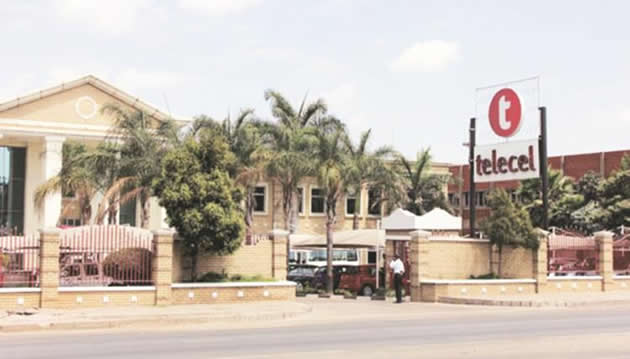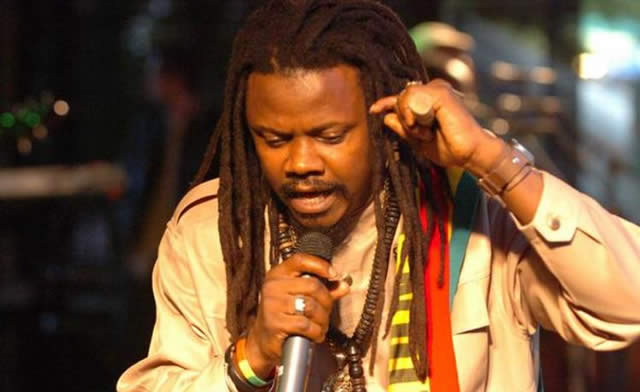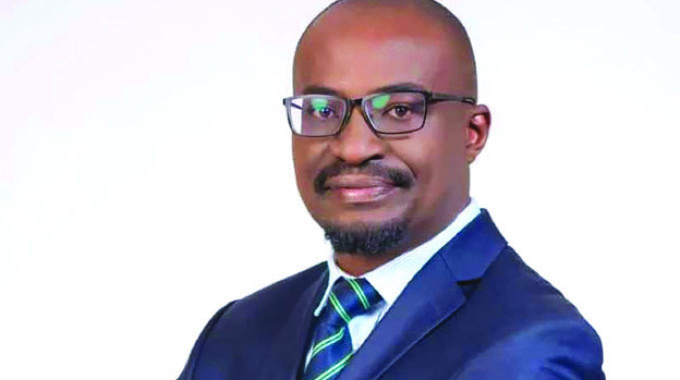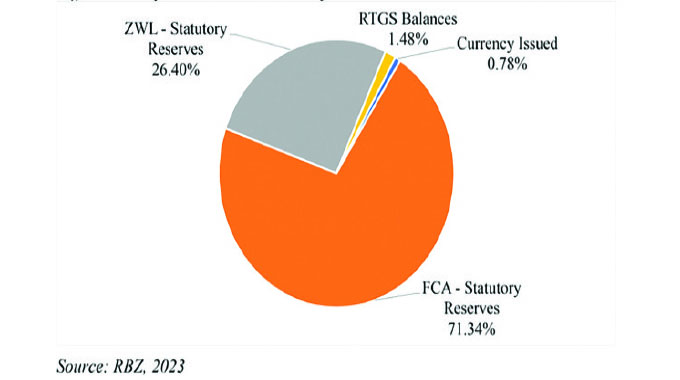Brainworks withdraws $20m Telecel offer . . . as Zhuwao calls for the unbundling of Empowerment Corporation


Happiness Zengeni and Conrad Mwanawashe—
Brainworks Capital Management has withdrawn the offer that it had made to Empowerment Corporation to purchase its 40 percent shareholding in Telecel Zimbabwe due to protracted shareholder wrangles which have not provided a clear decision on the transaction. Brainworks had sought to acquire the shareholding for $20 million but failure to get a concrete agreement for EC shareholders saw the investment management company withdrawing its offer for the stake.
The transaction was affected by an urgent court application with respect to the sale of the Telecel shares, dispute in terms of the valuation of the company and the authority of certain shareholders representatives, chief among them business persons Mr James Makamba and Mrs Jane Mutasa.
The EC shareholder disputes originate from the various reorganisations the company went through during the formative years dating back to 1998.
The withdrawal also comes at a time the mobile telecoms company is facing imminent closure over its failure to pay for an operating licence as stated under the Postal and Telecommunications Regulatory Authority of Zimbabwe Act. In addition Telecel Zimbabwe is practically bankrupt with no ability to meet its short term and long term liabilities.
In a letter dated March 19, 2015 to EC’s company secretary, which The Herald Business is in possession of, Brainworks said it had become subject of court processes and a sustained public onslaught on its business.
As a result of the disputes, EC had to date not responded to the offer with various parties making conflicting statements both in private and the media. This is in spite of a resolution once reported by this paper that shareholders had given their unconditional approval to the sale of shares to Brainworks.
It has, however, emerged that after the February 27 resolution, which agreed to the transaction, two of the main EC shareholders Mr Makamba representing Kestrel Corporation and Mrs Mutasa who stands for the Indigenous Business Women’s Organisation had held a secret meeting at the Saxon Hotel in Sandton South Africa. Lawyer Gerald Mlotshwa and EC company secretary Carlton Chikosi also attended the meeting.
The meeting resolved that it would dispose of the shareholding as at least two of the shareholders of the company having a majority in value of the company’s issued and paid up shares shall agree. The two agreed that they would now accept bids for the stake which should be submitted within seven days from March 10.
However, Brainworks in the letter said it was surprised that it was now being invited to a bidding process when the process had initially been guided by the offer which had been submitted to EC, the terms of which had not been fulfilled.
Pursuant to that EC managing director Mr Patrick Zhuwao called for the unbundling of the investment vehicle as the best way of resolving the shareholder disputes.
“In light of the criminal act and in the process of exercising my fiduciary responsibility of protecting the Empowerment Corporation and its shareholders, I’m left with no option but to recommend that the beneficial shareholders of Telecel Zimbabwe hold their interest directly without having to go through Mr (James) Makamba and Mrs (Jane) Mutasa who have persistently and consistently failed to distinguish their individual persona from their fiduciary persona as directors who are legally required to uphold the interest of the company and all shareholders.
“This is primarily why Telecel Zimbabwe is found to be in a negative equity position as compared to Econet’s net asset value of $700 million.
“The case of EC reflects a classic case of the failure of corporate governance such that the continued existence of EC as an entity is prejudicial and detrimental to the interests of the shareholders who include ware veterans, farmers, small scale miners and indigenous businesswomen.
It is unfortunate that Mr Makamba and Mrs Mutasa are so personally conflicted in the pursuit of their private interests that the failed to protect and safeguard the interests of shareholders,” said Mr Zhuwao.
If the EC is unbundled the shareholding structure will see Kestrel Corporation holing 8,57 percent, Independent Engineering group 5,71 percent, Affirmative Action Group 5,14 percent, Zimbabwe National Liberation War Veterans Association 5,14 percent, National Miners Association 5,14 percent, Indigenous Business Women’s Organisation 5,14 percent and Zimbabwe Farmers Union 5,14 percent.
Mr Zhuwao said pressure groups empowered by Government should have access to the opportunity given to them directly without having to access it through Mr Makamba and Mrs Mutasa.
ZFU represents more 1,5 million farmers.
“The pressure groups will have direct benefit of 25,7 percent which is enough to represent a significant say in the operations of any company,” said Mr Zhuwao.
When contacted for comment Brainworks CEO George Manyere said the discontinuance of negotiations with EC does not otherwise affect the company’s view of the opportunity in the telecoms sector.








Comments